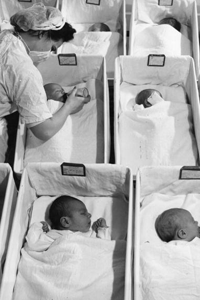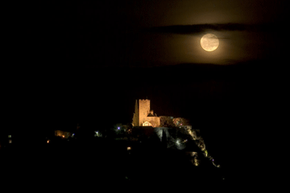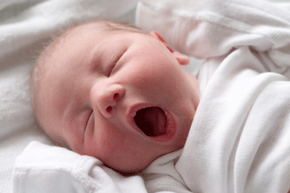As the full moon nears, full-term pregnant women everywhere brace for delivery. After all, a full moon can kick them into labor -- right?
It's certainly a widely held belief. It goes back so far, it's unclear where it first took hold, but one thing is for sure: People around the world have a deep faith in the moon's ability to affect human physiology. Giving birth is just one human behavior said to be affected by the full moon. Conception and fertility have also been linked to moon phases; and then there are the entirely non-pregnancy related behaviors, like homicide rates, suicide rates, emergency room admissions and outbreaks of insanity. Supposedly, all of these things increase on a full moon. Oh, and don't forget werewolf-ism.
Advertisement
It's called the lunar effect, and, as far as births are concerned, the primary explanation for the effect focuses on the moon's gravitational pull. It basically states that much the way the moon's gravity controls the tides, it can control a woman's body. The human body is 80 percent water, after all. And, given that both menstruation and ovulation roughly follow a lunar cycle -- occurring on a monthly basis -- it doesn't seem too far off to think that the moon could have a say in childbirth as well.
But does it? In this article, we'll take a look at some evidence for and against the lunar effect in birth rates, and find out if labor wards should be increasing their staff numbers every time there's a full moon. We'll also find out why so many people believe in the effect.
If you were to judge by word of mouth alone, it would seem as if the lunar effect was a sure thing. According to believers, one need only conduct a survey in a hospital to prove the connection between full moons and childbirth.
Advertisement






